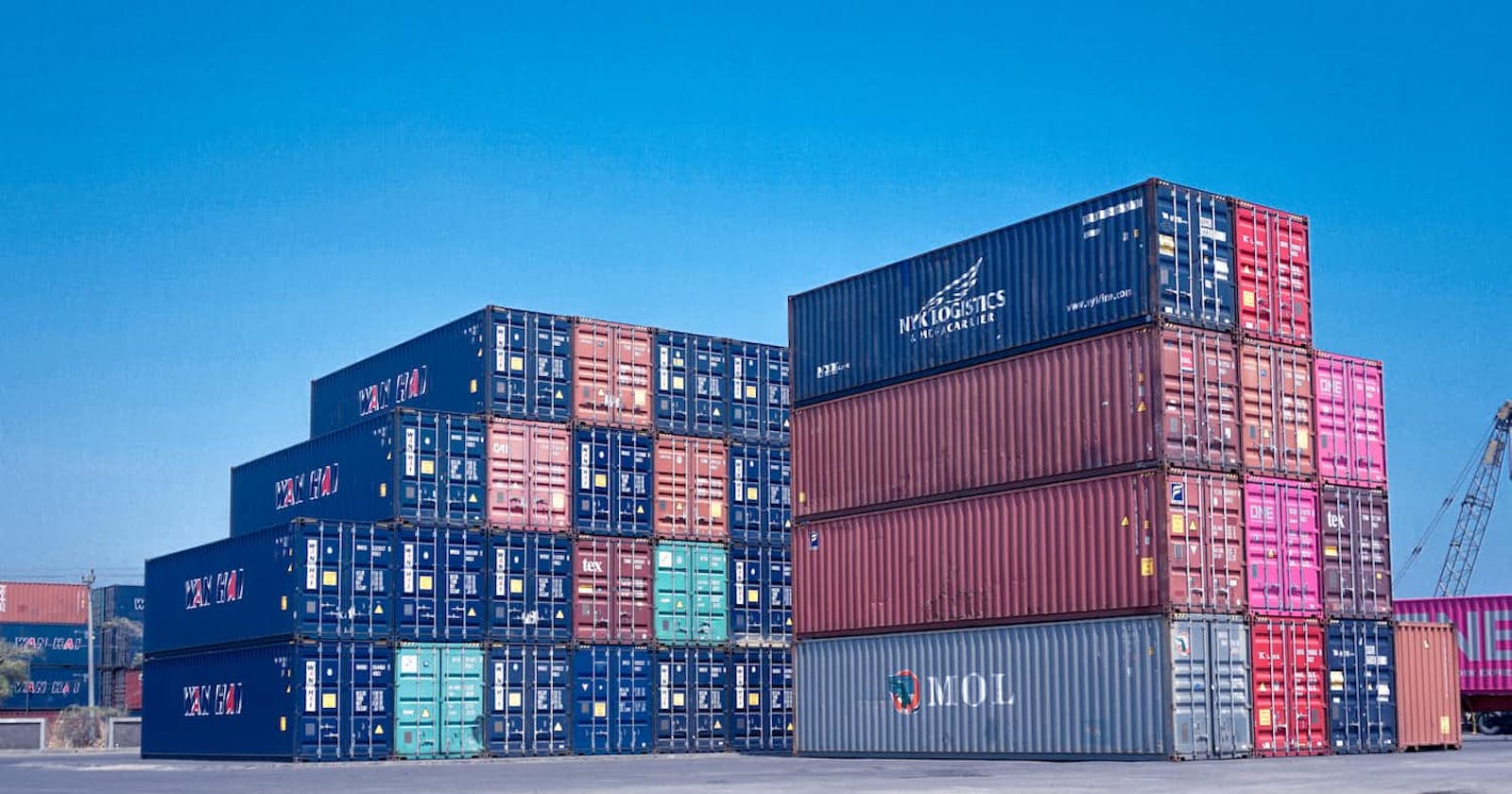
Pods
Pods are the basic building blocks of Kubernetes and represent a single instance of an application. They can contain one or more containers and are responsible for exposing the application to the rest of the cluster.
Each Pod is assigned a unique IP address and runs in a shared network namespace. This means that all containers within a Pod can communicate with each other using localhost, and they can also communicate with other Pods and the outside world using their unique IP address.
Pods are created and managed by other Kubernetes objects, such as Deployments, ReplicaSets, and StatefulSets. These objects are responsible for ensuring that the desired number of replicas of the application are running and handling the deployment and scaling of the application.
Pods are ephemeral, meaning that they are not intended to be long-lived. If a Pod goes down or is deleted, it will be replaced by a new instance. This allows Kubernetes to automatically recover from failures and ensure that the application remains available.
Multiple containers in a pod
The idea behind having multiple containers within a single Pod is to promote co-located and tightly coupled components that need to share the same network namespace and storage volumes.
Shared Network Namespace: Containers within the same Pod share the same network namespace, which means they can communicate with each other using localhost as if they were on the same machine. This is crucial for components that need to communicate directly.
apiVersion: v1
kind: Pod
metadata:
name: multi-container-pod
spec:
containers:
- name: container1
image: image1:tag
- name: container2
image: image2:tag
Shared Storage Volumes: Containers within a Pod can also share the same volumes. This allows them to easily exchange data by writing to and reading from the shared storage. This is useful for scenarios where components need to share persistent data.
apiVersion: v1
kind: Pod
metadata:
name: multi-container-pod
spec:
containers:
- name: container1
image: image1:tag
volumeMounts:
- name: shared-data
mountPath: /data
- name: container2
image: image2:tag
volumeMounts:
- name: shared-data
mountPath: /data
volumes:
- name: shared-data
emptyDir: {}
Inter-Process Communication (IPC): Containers in the same Pod also share the same IPC namespace, allowing them to use inter-process communication mechanisms if needed.
apiVersion: v1
kind: Pod
metadata:
name: multi-container-pod
spec:
containers:
- name: container1
image: image1:tag
- name: container2
image: image2:tag
securityContext:
capabilities:
add:
- IPC_LOCK
Many applications and services are designed with a one-to-one relationship between Pods and containers.
In summary, Pods are the basic units of deployment in Kubernetes and are responsible for exposing applications to the rest of the cluster. They are created and managed by other Kubernetes objects and are intended to be ephemeral, with new instances being created to replace failed or deleted Pods.

